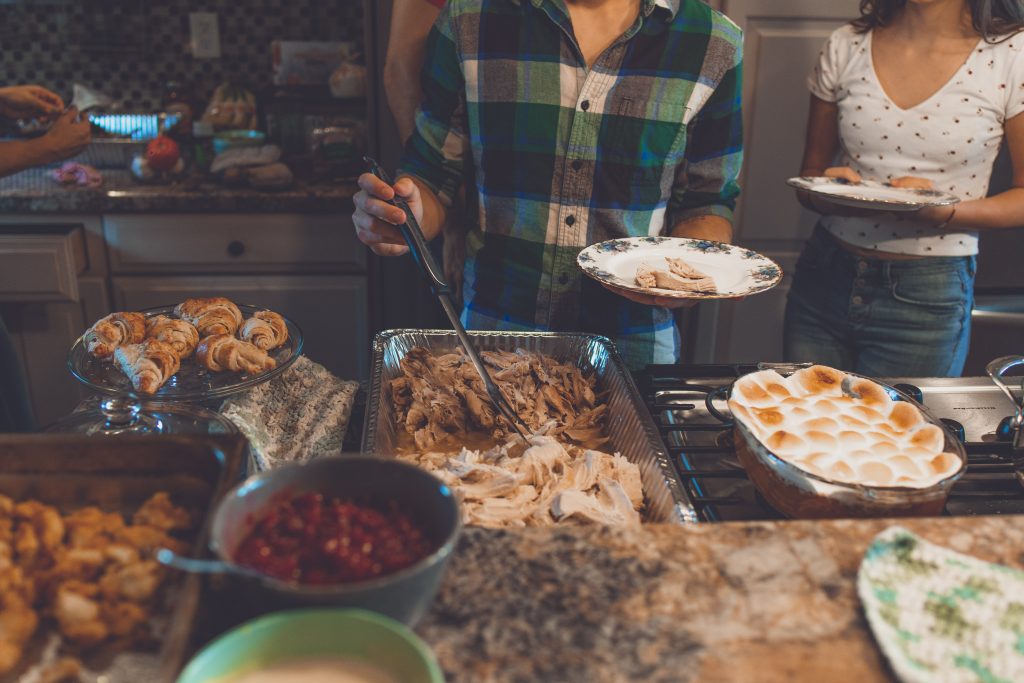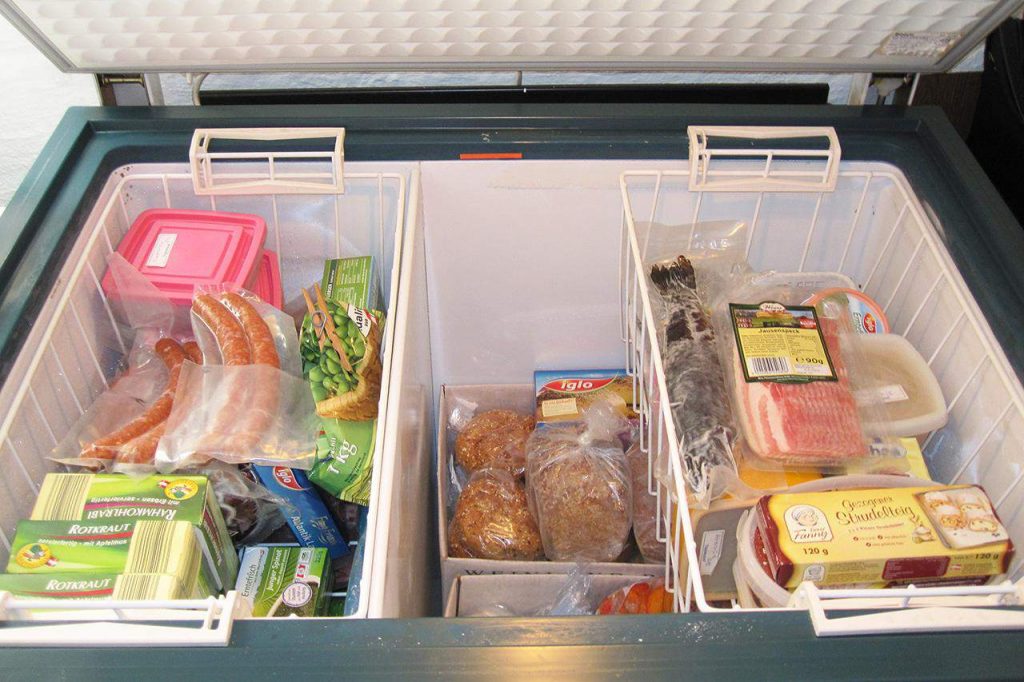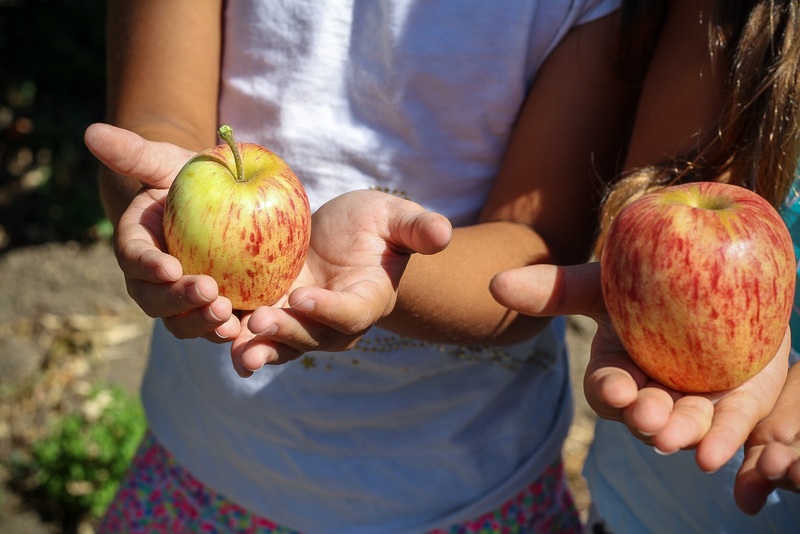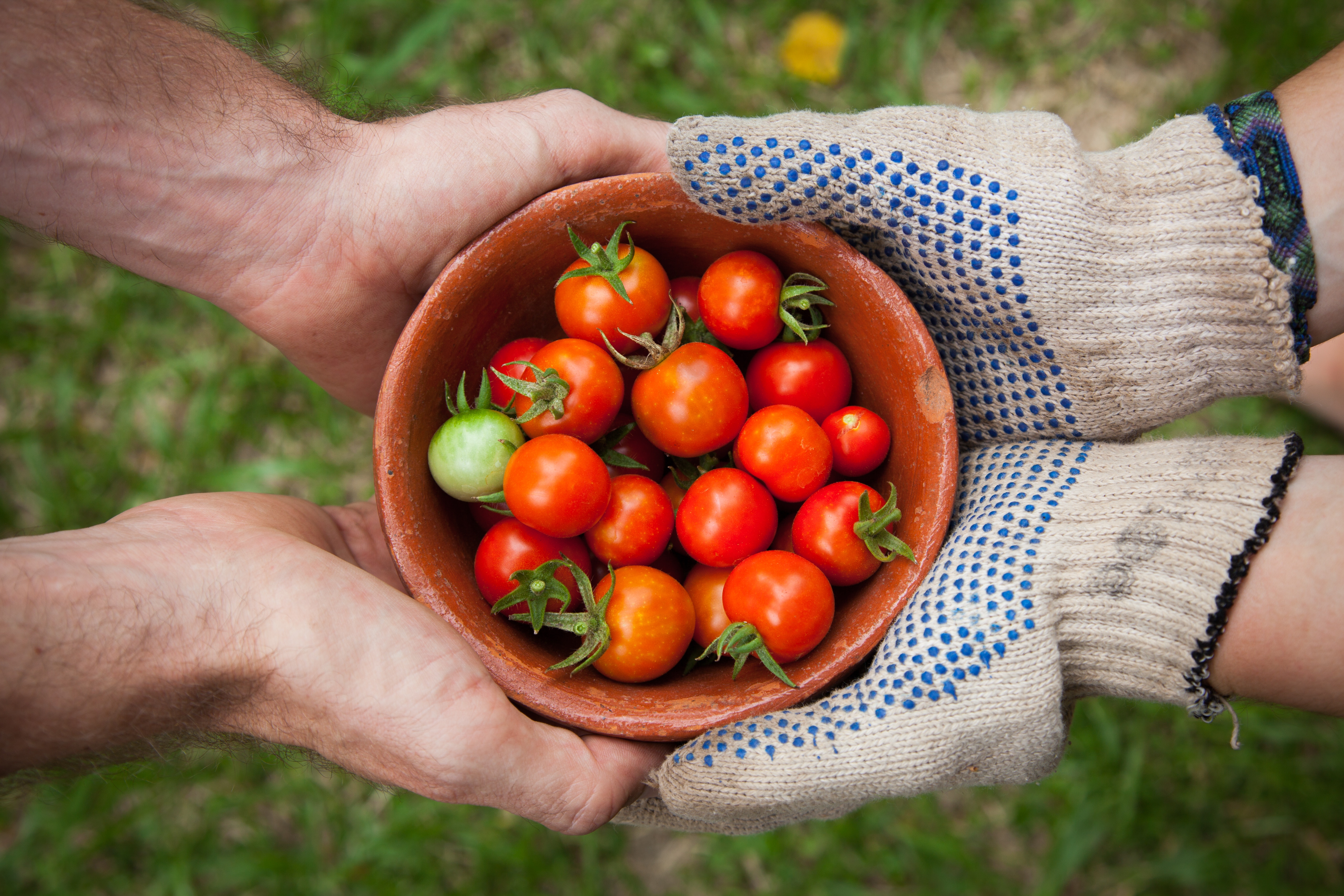Our fundamental right to food may be in jeopardy as new statistics reveal a surge in panic buying has led to a healthy spike in trade for wholesalers in light of continuing insecurity around food supplies and Brexit.
New analysis by the Office for National Statistics (ONS) has shown sustained growth in the service sector, as rolling growth over three months increased by 0.1 percentage points per month, to 0.5%.
“Wholesalers in particular will have benefited from firms’ continued stockpiling in January, following the government’s failure to win a vote on the Brexit withdrawal agreement ahead of the Christmas recess,” CEBR think tank economist Alastair Neame told The Guardian.

Image credit: Pexels
Overall, the UK economy grew by 0.2% over the measured three-month period which ended in January, revealing similar growth to the three-month period beforehand.
Falls were recorded in the manufacturing, construction and repair work industries as more and more companies move production trade elsewhere in light of Brexit.
While the findings don’t appear to imply another depression, and illustrated how the UK public aren’t stopping spending in general, they also portray an overall “weak” image of our economy, a spokesperson for the ONS has said.
One In Five Brits Stockpiling

Stockpiling fruit and vegetables is a better idea than dried food. Image credit: Wiki Commons
A recent survey by ITV News has found one in five Britons are considering stockpiling ahead of a possible no-deal Brexit which would throw trade relations into jeopardy.
One in twenty people admitted to having already begun their stockpiling, and Remainers polled as most likely to be stockpiling.
Liverpudlian Irene Hughes told ITV that sourcing medicine is her concern, rather than the storage of dried foods. “My biggest worry is the medication,” she said.
“It is a tremendous worry because nobody has mentioned it at all. I don’t know whether the pharmaceutical companies are ‘just in time’ with their medication or whether they do have stockpiles”.
According to the report, Irene’s hunch to think outside of the box when stockpiling may be an intelligent approach. Retailers are suggesting popular stockpile items like dried goods, such as pasta, are in good supply, while fresh fruit and vegetables will be harder to come by in the event of no-deal.
Our Right To Food

Image credit: Pxhere
Our right to food is protected by a number of international standards, including Article 25 of the Universal Declaration of Human Rights and Article 11 of the International Covenant on Economic, Social, and Cultural Rights.
States are required to ensure economic, social and cultural rights (such as the right to food) only “to the maximum of its available resources”. The clause ensures that developing states that may be unable to provide food for everyone due to weak economic resources are not be penalised under international law.
Brexit and all of its requisite complications challenges the above definition, as the UK is technically a developed country facing a potentially unusual crisis.







